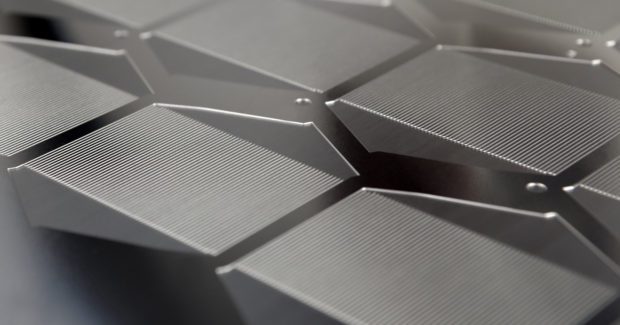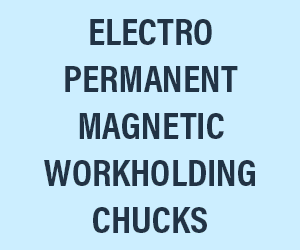Why Fuel Cell Engineers Should Consider Photo Chemical Etching
A bipolar plate manufacturer, Precision Micro, contrasts the shortcomings of traditional metalworking and hydroforming with the photo etching process for this application. You’ll also discover which metal shows the most promise as an alternative for bipolar fuel cell plates.
Posted: June 5, 2020
International pressure on energy diversification has led to a dynamic investment environment for alternative energy options, and fuel cells are close to being the most efficient, with the global fuel cell market set to reach upwards of $25 billion by 2025.
The demand is for more efficient and increasingly cost-effective fuel cells, which influences both material choice and the chosen technology for manufacture.
Bipolar fuel cell plates have traditionally been CNC-machined from graphite, an extremely expensive and highly permeable material that is not ideally suited to mass manufacturing applications. So, numerous materials have been assessed as alternatives, and because of the demand for competitively priced, relatively-easily to manufacture, durable materials, metals (especially stainless steel and titanium) have become increasingly popular. Stainless steel exhibits an array of characteristics that make it ideally suited for bipolar fuel cell plates, including its inherent strength, chemical stability, low cost, and relative ease of mass production.
Fuel cells are produced by stacking precise and intricate plates machined with complex grooves or channels which enable liquid and gases to flow, and can be variously manufactured using CNC-machining, hydroforming and stamping, but there are question marks over the scalability and capability of these processes.
Traditional metalworking technologies such as stamping – and more recently hydroforming – compromise planarity (flatness) and introduce stresses and burrs. Single-point machining processes and presswork tooling can also be slow and uneconomical to produce, especially during R&D.
The lesser known photo chemical etching process offers manufacturers significant advantages when producing complex components such as bipolar fuel cell plates.
First and most important, photo etching requires no hard tooling, the use of digital tooling being inexpensive to produce and adapt, and therefore allowing designs to be optimized at minimal cost.
The process also allows speedy ramp up from prototype volumes to high volume manufacture, offers almost unlimited part complexity, produces burr- and stress-free components (especially important for fuel cell plates where imperfections can compromise stack bonding), does not affect metal temper and properties, is appropriate for all grades of steel, and achieves accuracy to ±0.025 mm — all at lead times measured in days, not months.
Photo chemical etching removes metal simultaneously, meaning complex channels or flow fields can be etched to 0.025mm on both sides of the plate. This versatility enables designers to vary the size and shape of channels and incorporate headers, collectors, and port features without additional cost, not possible with alternative technologies.
Precision Micro (Birmingham, U.K) typically manufactures bipolar plates from 316 or 904-grade stainless steels in plate sizes to 1500mm x 600mm, but plates can also be specified in exotic and hard to machine metals (such as titanium) for lighter weight and corrosion resistance in high-temperature fuel cell applications.
The versatility of the photo chemical etching process, coupled with Precision Micro’s 50 years of etching expertise, makes it a compelling option for the manufacture of complex sheet metal parts across numerous exacting applications, and stimulates innovation as it removes obstacles for design engineers inherent in traditional technologies.















